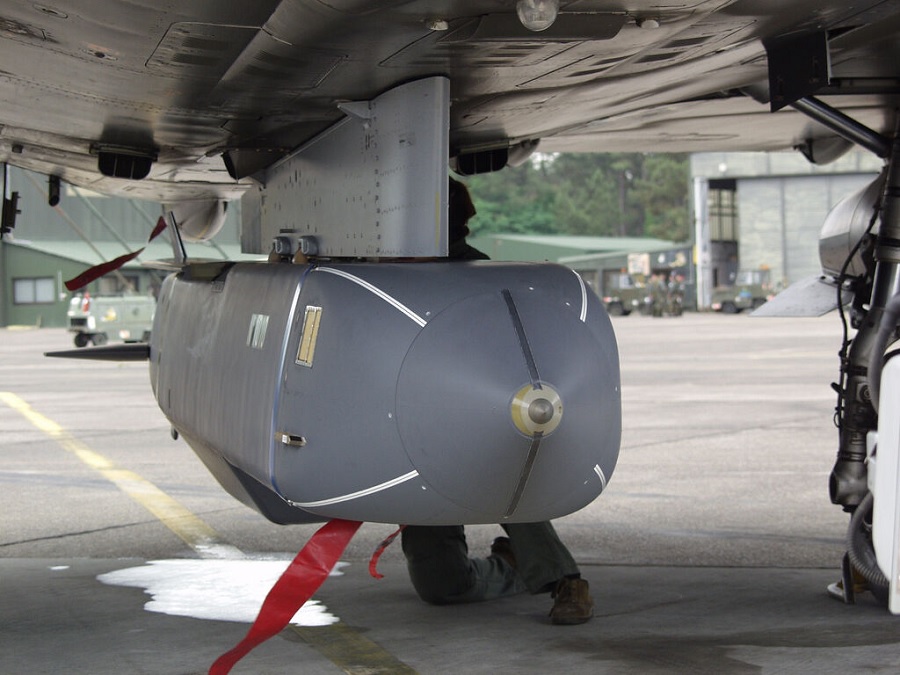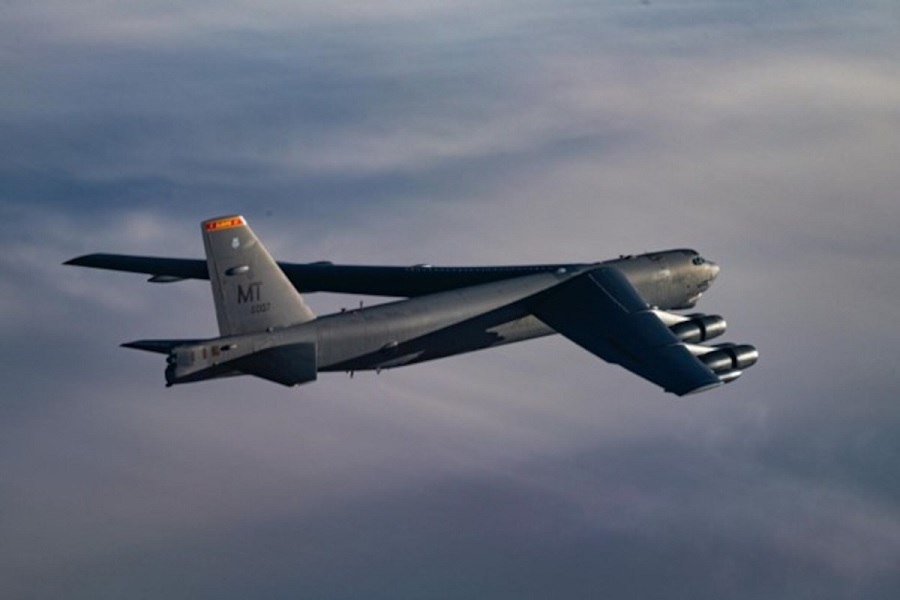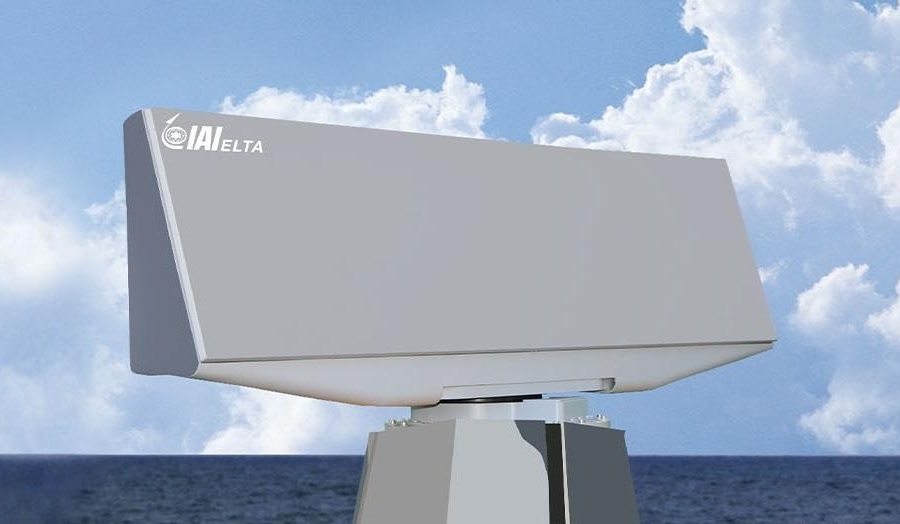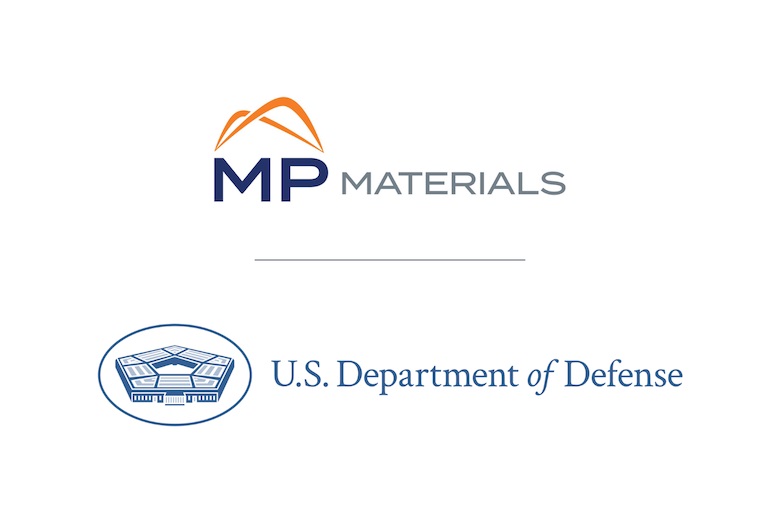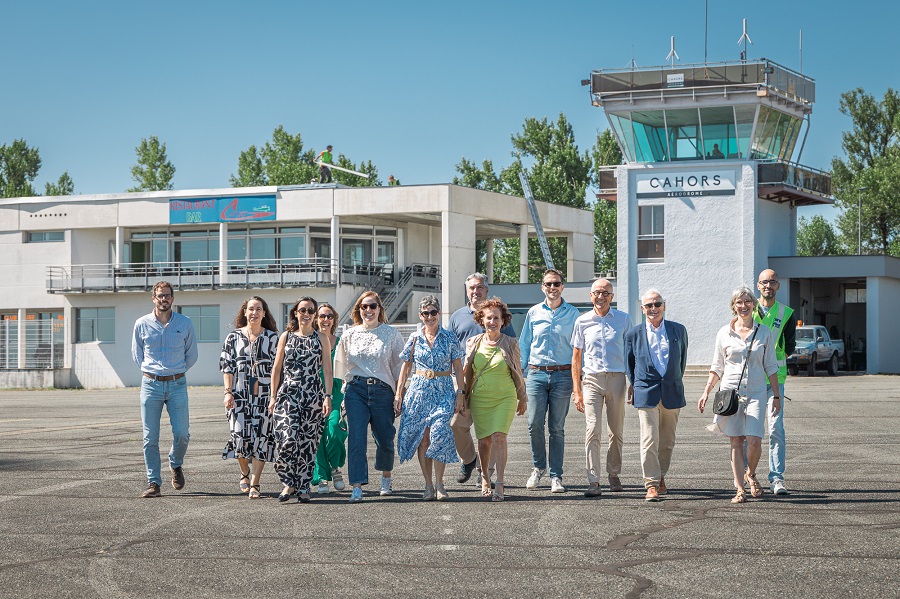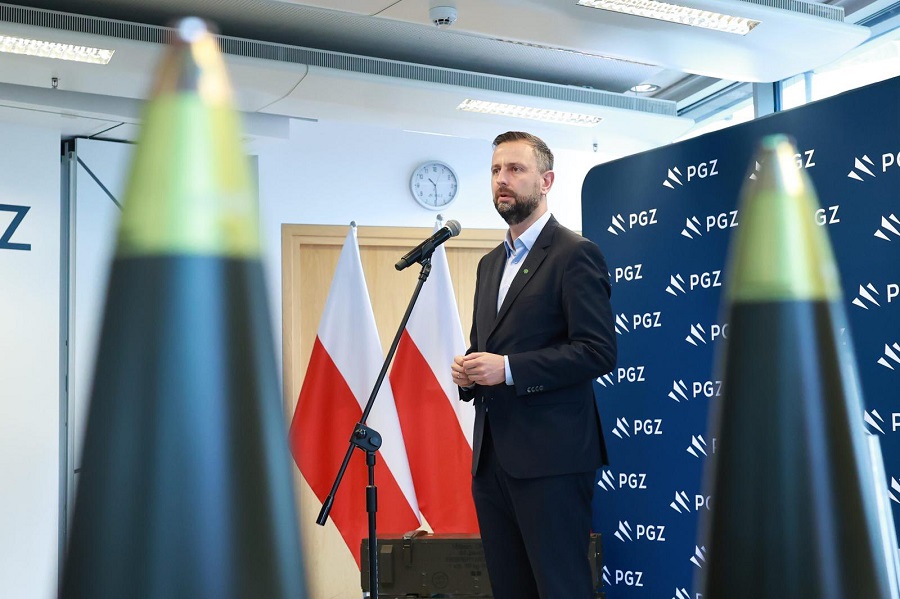The MIC, the 38th SP of NSPA-led Support Partnerships will build on the work done by the UK-led MQ-9B International Cooperative Programme (MICP) over the last four years, which currently comprises ten nations as Participants and Observers, along with the United States Air Force (USAF), GA-ASI and NSPA as Enablers.
NSPA and the MIC SP will provide a proven and turnkey legal framework for: furthering cooperation amongst the Member Nations; enhancing interoperability; facilitating training and fostering collaboration.
This framework will enable the consolidation of national requirements for future capability enhancements and sustainment solutions and multinational contracting with GA-ASI or the US Government to achieve significant benefits such as interoperability and commonality, economies of scale and cost-sharing.
The two founding Participants of the MICP have now become founding Partnership Member Nations in the MIC SP. Current Observers in the MICP will have the ability to transition to Members, Observers or Associate States in the MIC SP. The MICP name will be used by GA-ASI to describe the totality of the global MQ-9B community of users, which includes some states that may not seek to or cannot become MIC SP members.














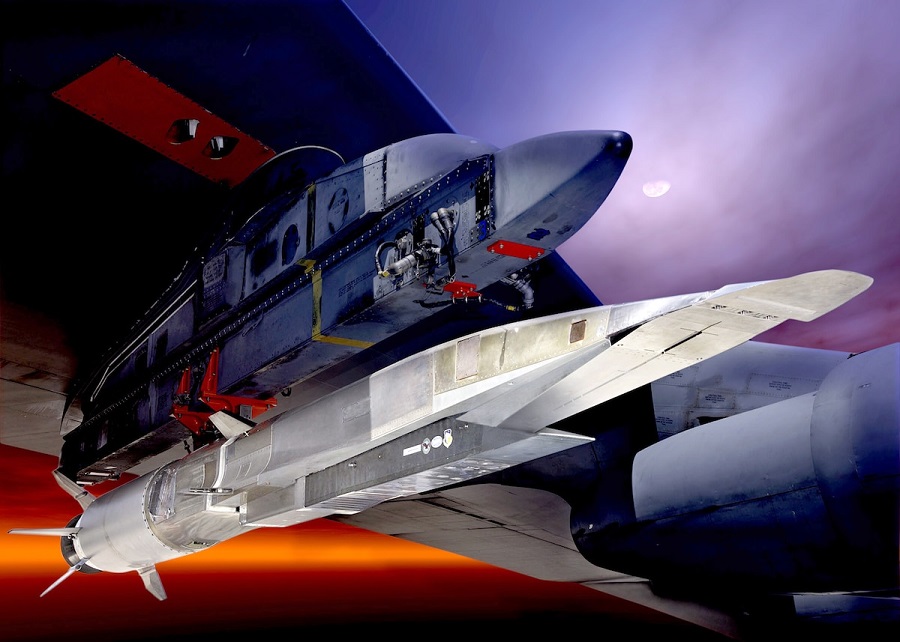
![Northrop Grumman conducts successful test of Mars ascent rocket motor [VIDEO]](https://defence-industry.eu/wp-content/uploads/2025/07/Northrop-Grumman-conducts-successful-test-of-Mars-ascent-rocket-motor-VIDEO.jpg)
